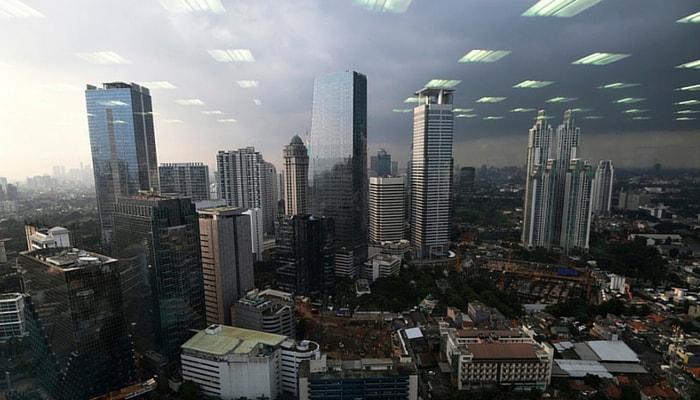(Image source – Jakarta Globe)
The Indonesian government has made numerous adjustments to the 2016 state budget following failure to realize established forecasts. One thing that hasn’t been adjusted however, is the Indonesian’s government target growth rate of 5.3 percent.
Although the IMF has lowered the global economic growth forecast down from 3.6 percent to 3.2 percent for 2016, the Indonesian government is hopeful that local consumption will outpace this fall off in the 6 months remaining in the year. The hope is that household spending will be sufficient to offset the lowered economic growth that is expected within the global market. The spending done by Expats in Indonesia and other citizens drives more than 50% of the Indonesian economy and therefore plays a significant role in the overall economic performance.
The IMF is not the only entity that has lowered economic growth targets. Bank Indonesia has also made downward adjustments to its economic growth target from 5.2-5.6 percent down to 5.0 – 5.4 percent based on slow global growth and falling prices for commodities.
The Indonesian government has also adjusted the projected cost of oil to only $35 per barrel, a 30% drop from the previously projected $50 per barrel. Production estimates for oil and gas have also been changed to 810,000 barrels per day down from 830,000 barrels per day and barrel of oil equivalent per day has been adjusted down to 1.12 million from 1.16 million. New budget forecasts are based on projected inflation of 4% and appreciation of the rupiah.
With the various adjustments, the expectation is that the budget deficit will widen as revenues fall. All citizens and expats in Indonesia will be affected indirectly or directly by this increased gap. Only time will tell whether the Indonesian government will meet its growth expectations despite forecasts of slowing global economic growth.








